
by Dee Harlow (Laos) | Mar 18, 2015 | Africa, AIDS, Health, International, Maternal Health, Motherhood, World Moms Blog, World Motherhood
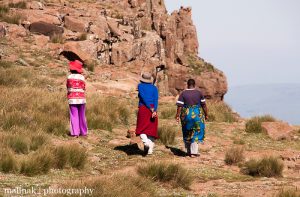 Now that our family has settled in nicely to life in Maseru, the capital city of Lesotho, I can turn outwards to learn more about the country and its people.
Now that our family has settled in nicely to life in Maseru, the capital city of Lesotho, I can turn outwards to learn more about the country and its people.
The first thing that I had to learn to keep straight was how to call the people and their language:
- the country is Lesotho
- the people are Basotho
- the language is Sesotho
So, the Basotho live in Lesotho and speak Sesotho. Clear?
Of course, as a mother, I’ve been looking closely at the world of mothers here. I’m curious about our similarities, differences, and challenges.
The Sesotho designation to all adult married women is “‘M’e,” which means ‘mother’. I miss being called “Madame” as was the case in Laos, but I quickly grew accustomed to “‘M’e.” (Except when adult men would translate it into English and call me “Mommy” in their deep baritone voices, which at first sounded creepy.) I have had to remember that it is a sign of showing respect to call me “Mommy”, and doubly so because they are going through the trouble of translating it into my language.
Indeed, “the mother” appears to be a very well-respected position in the Basotho household and society. At least outwardly. The women walk tall and proud, and are commanding in speech. This elicits a certain degree of deference and respect–at least from me anyway! The women here are definitely not of the American custom of making you their BFF with reassuring agreements, nods, and smiles, and setting the next date for coffee and friending you on Facebook right away. It is more of a distant and courteous “I like you”, and reminds me of first meeting northern Europeans, the layers peeling away into jokes and smiles the more you meet and truly get to know one another.
Despite the outward display of respect for ‘M’e, however, are some staggering statistics for the health status of women in Lesotho. According to a gender-based violence (GBV) prevalence survey conducted in 2013, 86% of women have experienced GBV in their lifetime. This figured is viewed as a gross underestimation since the survey revealed that only 2-3% of respondents reported the violence, and only 1% of those raped by non-partners ever reported the rape to the police or health care workers.
Another astounding statistic is HIV prevalence among women in the country. Adult HIV prevalence is estimated at 23.6% (the second highest in the world), according to a 2009 United Nations study. Moreover, women are more likely to be HIV+ than men (27% vs. 18% respectively). And due to maternal transmission of HIV, approximately 15,000 HIV+ women deliver children each year, with 40% of these children becoming infected.
Some might say that the social and economic roots to both of these issues for women in Lesotho are due to the poor state of the Lesotho economy, where 57% of the population live below the poverty line and 25% are unemployed. This has led to worker migration seeking job opportunities in surrounding countries, areas also experiencing high HIV rates. Out of a total population of barely 2 million people, 25% are estimated to work in South Africa’s formal and informal sectors. This has implications for cross-border HIV transmission through risky sexual behavior by migrants, as well as by partners left at home in two of the highest HIV prevalent countries in the world.
Perhaps it is the very personal and private issues of violence and HIV that explain what I’ve observed here as very close female bonds. At social gatherings, the women and men tend to self-segregate. Not due to any religious beliefs (the Basotho are predominantly Christian), or traditional practices. Rather, it appears to me that a circle of women is where they find trust, openness and support for what they all experience and fear. From what I can see, it is a very close bond that is essential to every woman here. To be let in will take more than hosting coffee and being Facebook friends. In the meantime, I stand with them in the spirit of womanhood and motherhood, from afar for now.
Do women in your country/culture have exceptionally strong social bonds? What do you think it is attributed to?
This is an original post to World Moms Blog by our mother of twins writer, Dee Harlow, currently living in Lesotho. You can also find her on her blog Wanderlustress.
Photo credit, with permission, attributed to Malinak Photography, all rights reserved. This photo has a creative commons noncommercial share alike license.
Sources:
CIA World Factbook
Wilson, FHI, USAID, IMPACT, Lesotho and Swaziland: HIV/AIDS assessments at cross-border and migrant sites in Southern Africa, 2002
Joint United Nations Programme on HIV/AIDS, Together We Will End AIDS, 2012
The Ministry of Gender Youth Sports and Recreation, Lesotho Bureau of Statistics and Gender Links, Findings of the Lesotho Violence Against Women Baseline Study, 2014
UNICEF, Lesotho National Strategic Plan for Elimination, 2011
The World Bank Data
One of Dee’s earliest memories was flying on a trans-Pacific flight from her birthplace in Bangkok, Thailand, to the United States when she was six years old. Ever since then, it has always felt natural for her to criss-cross the globe. So after growing up in the northeast of the US, her life, her work and her curiosity have taken her to over 32 countries. And it was in the 30th country while serving in the Peace Corps in Uzbekistan that she met her husband. Together they embarked on a career in international humanitarian aid working in refugee camps in Darfur, Sudan, and the tsunami torn coast of Aceh, Indonesia.
Dee is now a full-time mother of three-year old twins and continues to criss-cross the globe every two years with her husband who is in the US Foreign Service. They currently live in Vientiane, Laos, and are loving it! You can read about their adventures at Wanderlustress.
More Posts

by Aisha Yesufu | Feb 18, 2015 | Girls, Human Rights, Identity, Nigeria, Religion, Women's Rights, World Motherhood
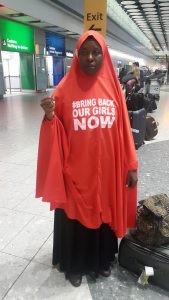 This year, World Hijab Day (February 1) coincided with an invitation to a black tie event in my town honoring young leaders in politics. It was also the 278th day of my town’s daily Sit Out/protest for the rescue of the #ChibokGirls, who, at that time, had been abducted for 293 days. I was excited about the young leaders event. It would be something nice to take away the gloom of carrying the guilt of failing 219#ChibokGirls.
This year, World Hijab Day (February 1) coincided with an invitation to a black tie event in my town honoring young leaders in politics. It was also the 278th day of my town’s daily Sit Out/protest for the rescue of the #ChibokGirls, who, at that time, had been abducted for 293 days. I was excited about the young leaders event. It would be something nice to take away the gloom of carrying the guilt of failing 219#ChibokGirls.
I came to the event directly from the Sit Out, so I brought clothes to change into. I couldn’t imagine having to go back home because my house was a bit far, and I hate not being punctual. As I was about to enter the venue, a gentleman approached me. Because I was wearing the Hijab, I had to go through a metal detector and body search. The colleague I was with was angry. “Why?” he demanded. “It’s because of what she is wearing,” the man said, “we can’t let her pass.” After passing through extra security, I was admitted.
As a Muslim woman who wears the Hijab, I am used to being treated differently and looked upon differently because of what I wear. I face this discrimination both within and outside my country, and even amongst some Muslims, although the Hijab is compulsory for Muslim women. Everything has to be covered by a loose garment except our hands and face. It is not something that I might want or not want to do; it is something that I have to do.
Some look at the Hijab as a form of enslavement. It is not. Rather, it’s liberating. It tells those I meet to deal with my intellect, and not to focus on my body. More than 1400 years ago, Islam gave women this freedom. As a Muslim woman, I have a right to education. It is so infuriating when some Muslims deny their daughters this right because of their cultural beliefs or ignorance, and the world looks upon their practice as Islamic.
It is so infuriating when my Hijab is used as a symbol for their ignorance–and worse.
Sometimes, I do not blame those who treat me differently. A lot of people have acted savagely and said they did so in the name of Islam. I recently had an experience that touched my very soul. It was time for prayers, and I was close to a mosque. Opposite the mosque, some months ago, there had been a bomb blast that killed scores of people, including worshippers. I walked over to the mosque to pray. The man at the gate glanced my way, saw me, and he flinched. There was stark fear in his eyes. I gently asked him, “Would you want me searched?” He shook his head–probably with a pounding heart. As I walked away, I realized this is what a band of evil people that have hijacked Islam have done: made a fellow Muslim fear seeing me walk to the mosque during prayer time.
All the tragedies committed in the name of Islam upset me, but I will not let the acts of cowards and criminals change how I practice my faith. Before I am Aisha, I am a Muslim woman. I will not allow any human being to make me uncomfortable in a world God created for us all.
Do any of your friends wear the Hijab? Have any of you been judged for the actions of others based on your faith?

by Adwoa Gyimah | Feb 17, 2015 | 2015, Birthing, Ghana, Maternal Health, Social Good, World Moms Blog, World Voice
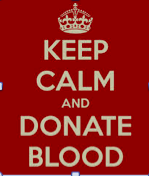
Being an advocate for children and mothers, especially the needy in the society, means supporting and standing for the rights of these vulnerable individuals in the society. Children should not be left to their own devices without the able help of an adult; preferably a mother. That is why no woman should die giving life to another.
Birth is a beautiful thing and must be a happy moment in the lives of every family, most importantly the mother. But sometimes the process of giving life can be very traumatic and sometimes the unexpected even happens. Postpartum hemorrhage(PPH) is defined medically as the loss of more than 500 ml of blood within the first twenty-four hours following childbirth and is the leading cause of maternal mortality in low-income countries, and the primary cause of nearly a quarter of all maternal deaths globally. In some cases this condition is known to occur up to six weeks after delivery. There are various forms of treatment, of which blood transfusions is the most common; yet In the developing world, health systems are faced with enormous constraints that hinder the prompt delivery of obstetric care, which is vital for saving the lives of women who develop PPH.
A beneficiary of blood transfusion myself, I know its relevance to both the mother and the baby. It is therefore crucial at any point in time during birthing to have stock of blood in the blood bank for such emergencies.
In Ghana, there have been campaigns to donate blood as most of the blood banks are running low on their stock. Many corporate bodies have joined the campaign to ensure that this is achieved so that more lives can be saved when the need arises. Over the years, we have all contributed to replenishing the blood banks by donating pints of blood to the various health centers that need them. Last year, our organization, The African Child and Mother collected several pints of blood to replenish the blood bank at the Tema General Hospital and the Tema Polyclinic as part of our “February love month”.
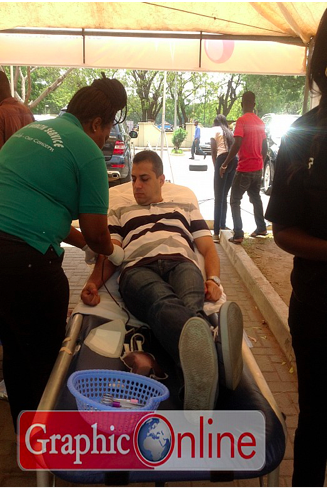
This year however, as part of the Corporate Social Responsibility of some large corporate institutions, there were activities held today in the capital city to organize blood donation with the same aim of replenishing the blood banks. We believe that other corporate institutions and individuals will follow suit and donate blood to save a life because giving blood means giving life.
It is my personal appeal to all and sundry that we volunteer to give life by donating blood especially during this love month.
Wishing everyone a giving valentine!
Have you ever given blood or needed to receive it yourself?
Picture courtesy Graphic online
This is an original post written by Adowa Gyimah of Ghana for World Moms Blog.

by Karien Potgieter | Jan 21, 2015 | Husband, Moving, Relocating, South Africa, Uncategorized
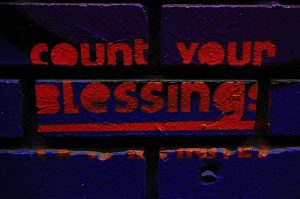
Isn’t it a blessing that we aren’t able to see into the future? That we only get to live life one moment at a time, in the present?
2014 was hard on my family. It was the kind of year that one would want to skip if its events could have been known in advance. After experiencing the indescribable joy of a new addition to the family at the end of 2013, things quickly went south for us. My husband lost his job (his employer downscaled); our kids were hospitalized numerous times; we moved to a new province, leaving behind all that was near and dear to us; and, in the midst of it all, I was frantically trying to be Supermom. It was exhausting.
Last year brought unfathomable hardships to my family, but also a lesson for which I’m eternally thankful.
No matter how dire our situation seemed, we would always, without exception, cross paths with someone whose situation was far worse. In every single instance, however, I was humbled by how they handled their situation with grace and even joy.
Take, for example, our beloved 59-year old nanny, with her beautiful toothless smile, whom we had to leave behind, unemployed, after moving to a new city. Still jobless after almost six months of non-stop job hunting, she still smiles at my inquiries and says: “Don’t worry, Madam, I’ll find something.” Or take the lovely young couple who occupied the bed next to ours in the pediatric ward during one of our hospital stays. Their gorgeous, tiny, one-month old son was admitted for non-stop seizures. Despite their own exhaustion and worry, this couple (and their parents, too) were the calmest, friendliest people in the ward, and enveloped their son and grandson with nothing but love. My list goes on and on.
So I enter 2015 determined to remember to count my blessings. Always and in all circumstances. Despite our year in the figurative wilderness, I realize I’m incredibly blessed to be a mom to two precious children and to be married to a man who’s my greatest supporter and fan. What a joy to be able to share this adventure called life. By any measure, I am richly blessed.
What unexpected lessons have you learned from the years that you might have preferred to skip if you’d known in advance how difficult they’d be?
This is an original post written by Karien P. in South Africa for World Moms Blog. She can also be found on her blog, Running the Race.
Photo credit: Rebecca Wilson and used under a Flickr Creative Commons License
Karien Potgieter is a full-time working mom of two toddlers. She has a master’s degree in ecology and works in the conservation sector in beautiful South Africa. Her other big passion, apart from her family and caring for the environment, is running. To date she’s participated in races on three continents and in six countries and she dreams of travelling to and running in many, many more. You can follow her and her family’s running adventures on her blog, Running the Race (http://www.runningtherace.co.za).
More Posts - Website
Follow Me:





by Aisha Yesufu | Jan 20, 2015 | 2015, Nigeria, World Voice
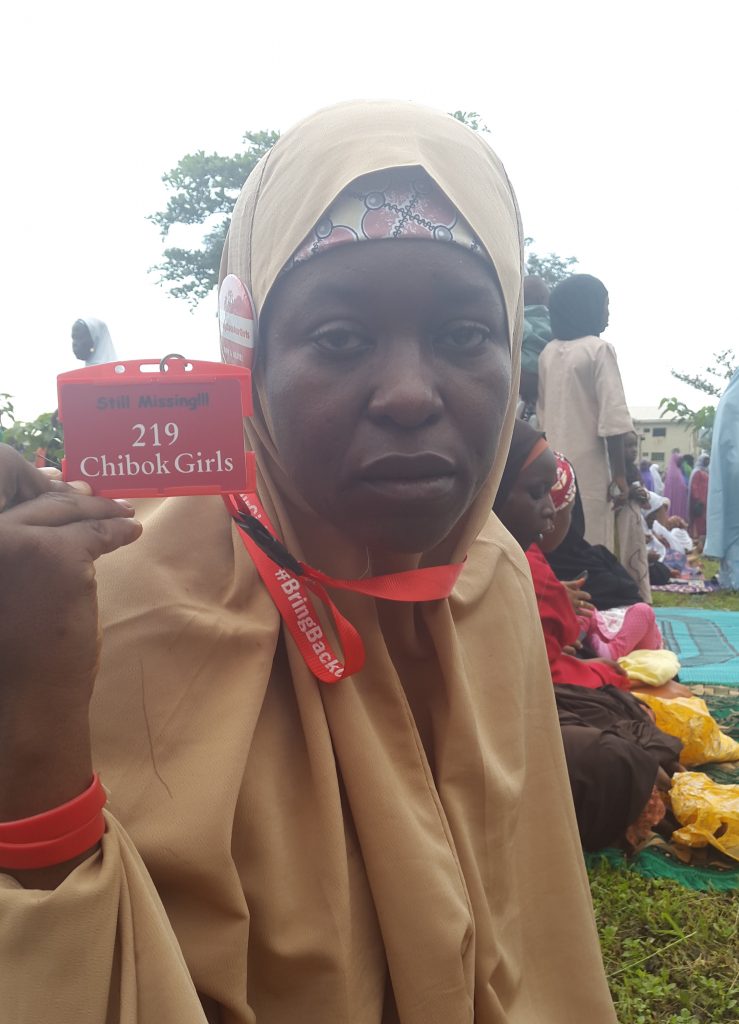
On the 7th of January I put on the television to hear more devastating news of an attack in France. Not again I groaned. Can’t one just have a terror free day? What kind of world do we live in? My 13 year daughter was with me and she was very angry. What kind of people are these? They better go and have their religion and stop using Islam for their bad deeds. This is not Islam. I couldn’t agree with her more. I felt the pain keenly. One of my problems is emphasising too much and internalizing, and personalizing any pain. With my vivid imagination I could feel it’s my husband killed and someone calling to inform me or coming over to tell me. I could also imagine being the one in my office and looking up to see an armed mad man and realizing this is it! The end, because that man has just come for me. I was so angry at the atrocities being committed in the name of a religion I practice which is all about PEACE.
The pain of people just mowed down by some sadistic killers had not begin to ebb away when on the 9th of January the news of the death of about 2000 was reported by Amnesty International (We usually get news late and most times from the foreign media) in an attack on a town called Baga in North east Nigeria by the deadly group known as Boko Haram who have unleashed a reign of terror in Nigeria. 2000 killed in a single day just like that? How can this be allowed to happen?
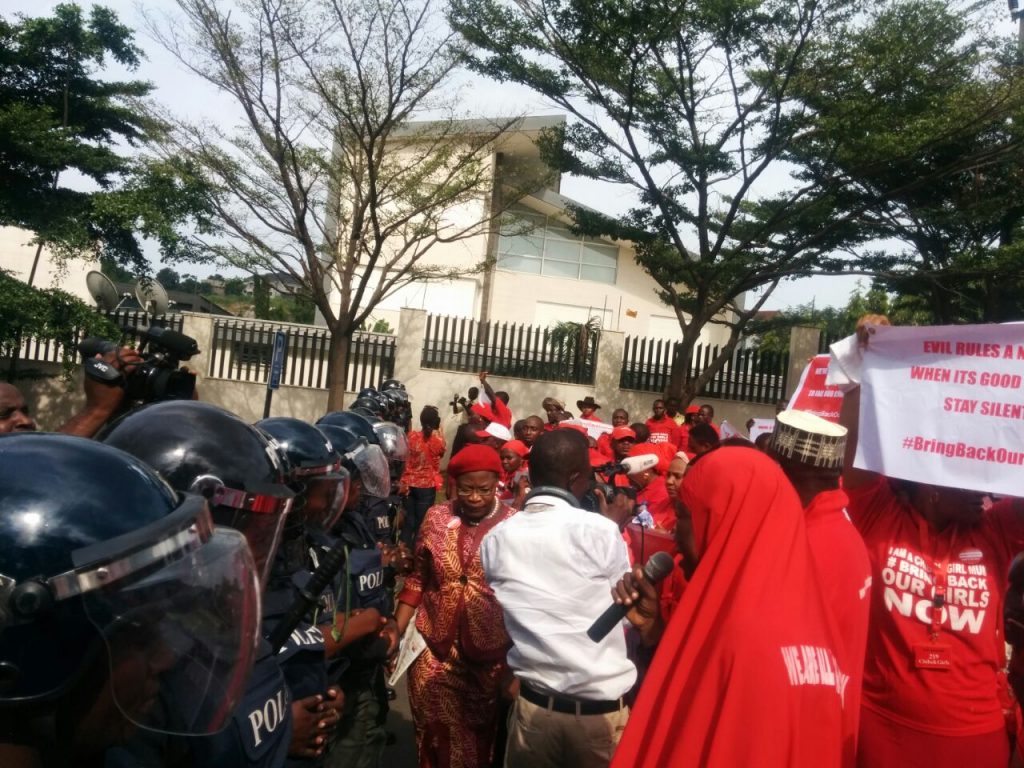
The terrorists not only killed people they razed down the town. Reports say they went after fleeing people into the bush and killed indiscriminately. A woman in labour was reportedly killed with her unborn baby halfway out of her. Men, women and children were all game. They did not spare women this time as they sometimes have. After the personal cry and grief. The crying comes with no tears for it has long dried up. I waited for some kind of explanation, some kind of consoling words and there was an overwhelming silence. Silence from my government whose 2000 citizens have just been massacred even if to give the usual. We condemn it and are on top of the situation. Nothing!!
To make matters worse that same government that said nothing of its 2000 citizens massacred had condole with the government of France over the killing of 17 of its citizens. Even to my government the citizens of another country meant more to it than its own citizens.
Top government officials of my country condoled and used #JeSuisCharlie and none of them used #IamBaga where 2000 were killed in a single day. I empathise with the people of France. I am part of those who did the virtual march by signing up, but when you are attacked, and your government shows its contempt by not acknowledging it, and shows so much solidarity to other citizens of another country, then the pain is doubly felt.
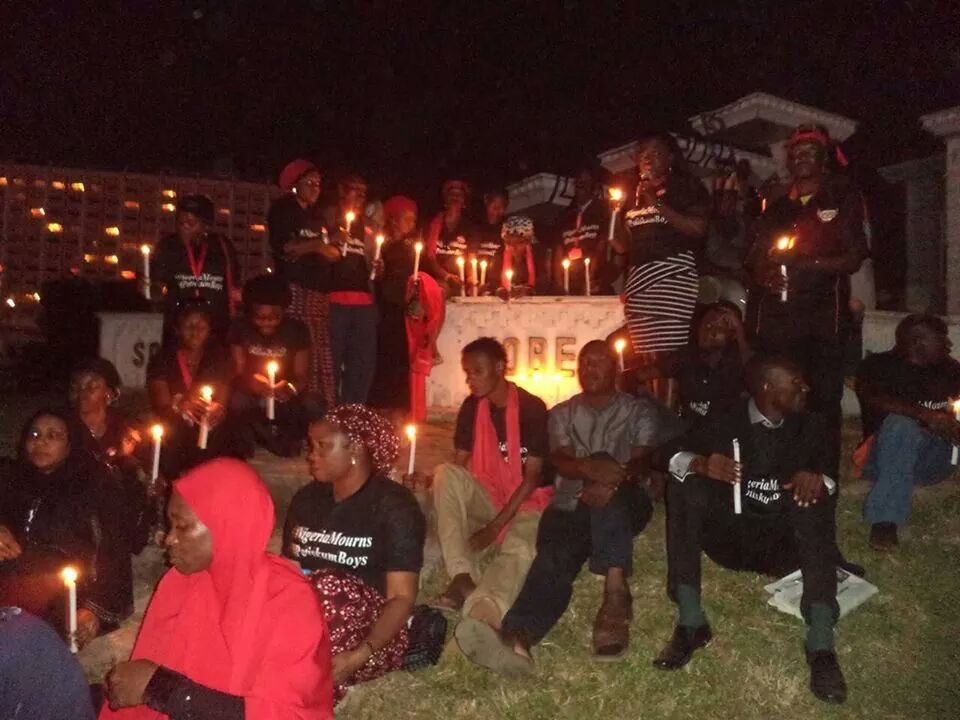
On 11th of January 2015 the world stood still for France. Over 1.5million marched in France with over 40 head of states. France cried out that it’s own has been touched. Their President gave a rallying call to its citizens that they would not be intimidated by terrorists and they will deal decisively with anyone who touched an inch of its citizens, and the citizens came out.
Over here I am treated with disdain for daring to stand and say citizens must be protected. When about 48 boys were killed on November 10th 2014 as they attended their morning assembly we were alone the #BringBackOurGirls movement in coming out to the streets and mourning them.
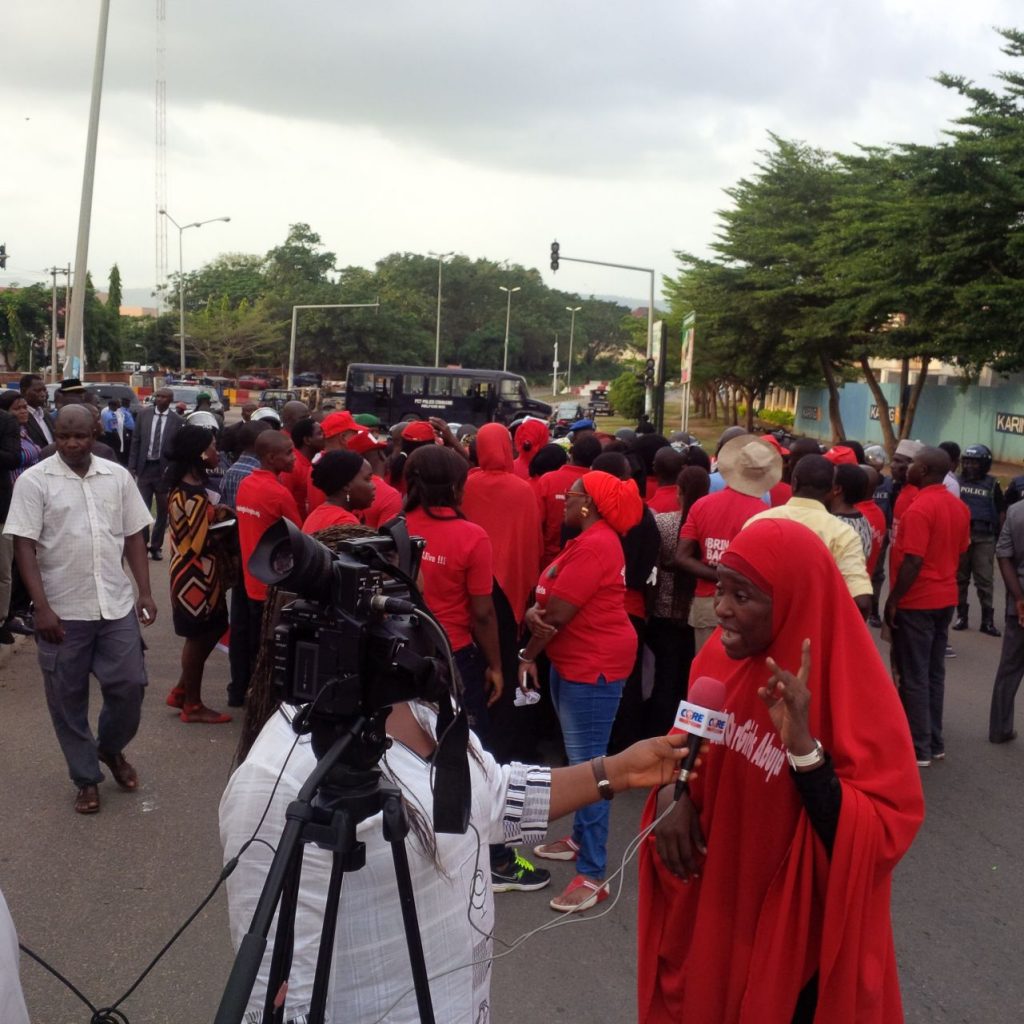
As I watched the solidarity march in Paris my daughter’s words echoed in my ears. She once said to me “Mummy, if one of those #ChibokGirls was an American they would have been found by now.” and I said to myself if those 2000 who were massacred in Baga were French the world would have stood, and perhaps make sure it never happened again. They are Nigerians, and I am a Nigerian, and I face each day knowing if I go down today I will just become a statistic, and nobody will care.
This is an original post written by Aisha Yesufu in Nigeria for World Moms Blog.
Will you join us in raising our collective voices to demand that the world to Bring Back Our Girls Now?!
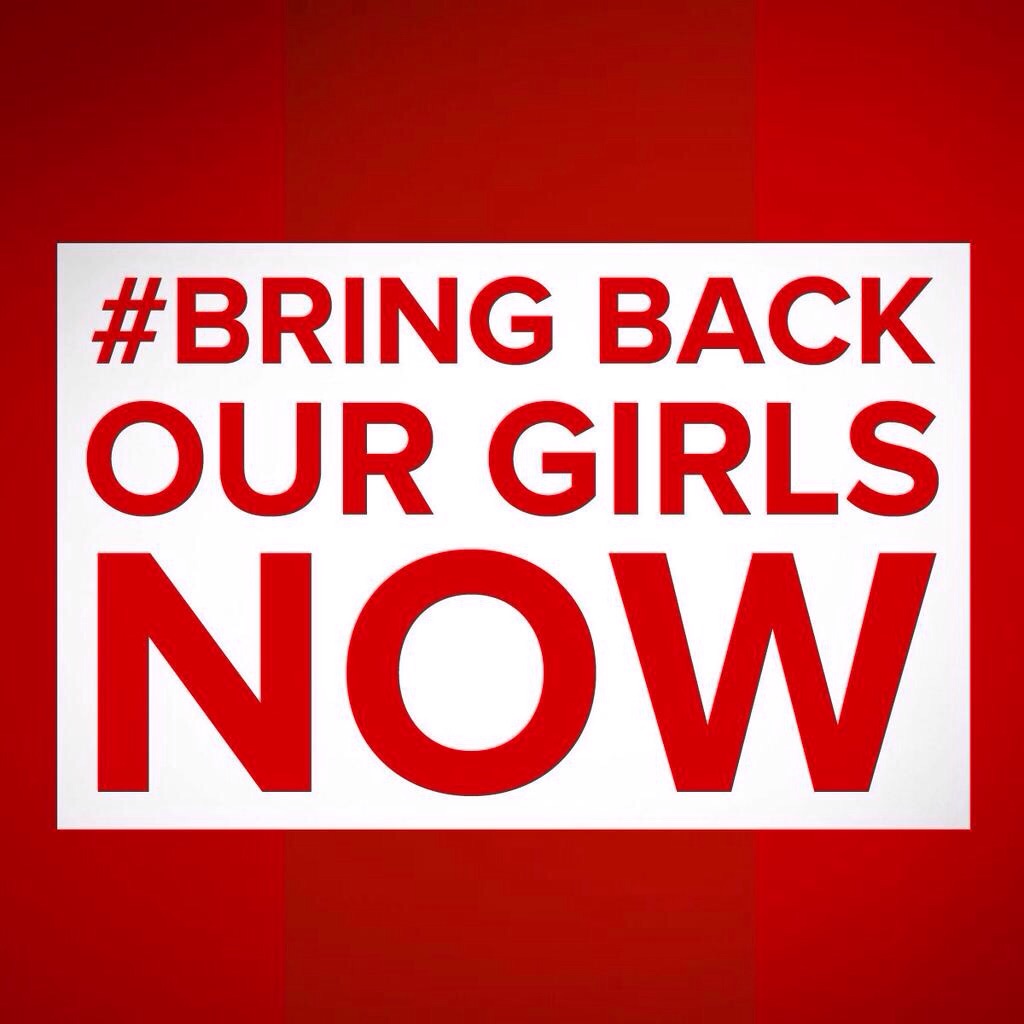

by Dee Harlow (Laos) | Jan 14, 2015 | Africa, Domesticity, Expat Life, Family Travel, Global Citizenship, Inspirational, Lesotho, Moving, Relocating, South Africa, Uncategorized
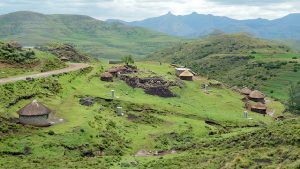 In 2002, my international investment banking career in Singapore had left me drained. I needed to find the physical and mental freedom to return to my first passion, which was development work. I left my job and embarked on a solo backpacking journey, looking for peace and inspiration. By the time I circled around sub-Saharan Africa and ended in Lesotho, I found both. I have never looked back.
In 2002, my international investment banking career in Singapore had left me drained. I needed to find the physical and mental freedom to return to my first passion, which was development work. I left my job and embarked on a solo backpacking journey, looking for peace and inspiration. By the time I circled around sub-Saharan Africa and ended in Lesotho, I found both. I have never looked back.
My very first impression of Lesotho came from the high peaks of the Drakensberg mountain range in the eastern part of the country, where the autumn air was cool and crisp. Dirt roads wound through small villages dotted with tradition rondavels made of stones or mud, with thick thatched roofs. The vast mountain plains opened up into a broad blue sky and brilliant, high-altitude sunshine. Our hiking trail climbed up rocky table mountain tops and down into freezing cold streams that cut through house-sized boulders, groves of thirsty willows, and into caves of prehistoric paintings. Lesotho, tucked completely within the walls of South Africa, seemed an ideal natural treasure to me.
Fast forward thirteen years. After living in Vientiane, Laos, for two years, last November, I arrived back in Lesotho. This time, I had a family in tow. My husband is in the U.S. Foreign Service. The rhythm of our family life consists of an international move every two to three years, with trips back to the States for home visits and language training in between.
Where I once turned to travel to help me change my life, what I now seek at each new destination is stability and conetinuity for my family.
After 22 hours of travel, we arrived in the capital city of Maseru, which is situated in the hilly western lowlands. The air is again cool and crisp, although now it is springtime. The backyard of our new house is full of bright yellow birds, endlessly flitting back and forth to complete their work. The males are busy constructing round grassy nests, which dangle festively in our trees. If a female doesn’t accept the nest, the male bird tears the entire thing apart and starts all over again. The kids and I have named one “Butternut”, and we admire his tireless work everyday.
Maseru is a small city with a growing suburban sprawl. There are barely 300,000 people in the entire urban area. The buildings are low, the traffic flows, and only a couple of noteworthy malls have popped up within the past two years. “First impressions” this time around are mainly focused on the business of getting on with life for our family–new school, new friends, new job, new supermarkets, getting the internet set up, figuring out a car, and obtaining household help. Luckily, it’s been quite easy to get everything that we need. As far as Western-style life needs go, there are plenty of products here that are brought in from South Africa and beyond.
With our basic needs met, we’ve been exploring beyond the city. I still find Mother Nature calling at every turn. Within Lesotho, you can go hiking just about anywhere. Cross a bridge and stop to hike down to explore up the river. Head up a hill to find herdsmen tending livestock. When it rains, we hike in the mud (the kids’ favorite). When it’s hot, we cool down in streams and waterfalls. The nearby children find us no matter where we go; the adults are not engaging but very courteous. Fortunately, the personal safety issues prevalent in most of South Africa are not as concerning in Lesotho yet, and most of the expats we’ve met are comfortable exploring the countryside.
After the scant two-and-a-half months that we’ve been here, we are already feeling more settled. And while we all miss what we’ve left behind in our “old” life in Laos . . . and Mexico. . . and the U.S. . . ., we begin anew to embrace what we have and to anticipate what gifts our new country holds.
Is there a change in your life that you’ve made or would like to make? What have you left or would like to leave behind, and what have you found or hope to find?
This is an original post to World Moms Blog by our mother of twins writer, Dee Harlow, currently living in Lesotho. You can also find her on her blog Wanderlustress.
Photo credit attributed to Damien du Toit. This photo has a Flickr Creative Commons Attribution-Non-Commercial-ShareAlike license.
One of Dee’s earliest memories was flying on a trans-Pacific flight from her birthplace in Bangkok, Thailand, to the United States when she was six years old. Ever since then, it has always felt natural for her to criss-cross the globe. So after growing up in the northeast of the US, her life, her work and her curiosity have taken her to over 32 countries. And it was in the 30th country while serving in the Peace Corps in Uzbekistan that she met her husband. Together they embarked on a career in international humanitarian aid working in refugee camps in Darfur, Sudan, and the tsunami torn coast of Aceh, Indonesia.
Dee is now a full-time mother of three-year old twins and continues to criss-cross the globe every two years with her husband who is in the US Foreign Service. They currently live in Vientiane, Laos, and are loving it! You can read about their adventures at Wanderlustress.
More Posts

 Now that our family has settled in nicely to life in Maseru, the capital city of Lesotho, I can turn outwards to learn more about the country and its people.
Now that our family has settled in nicely to life in Maseru, the capital city of Lesotho, I can turn outwards to learn more about the country and its people.






















